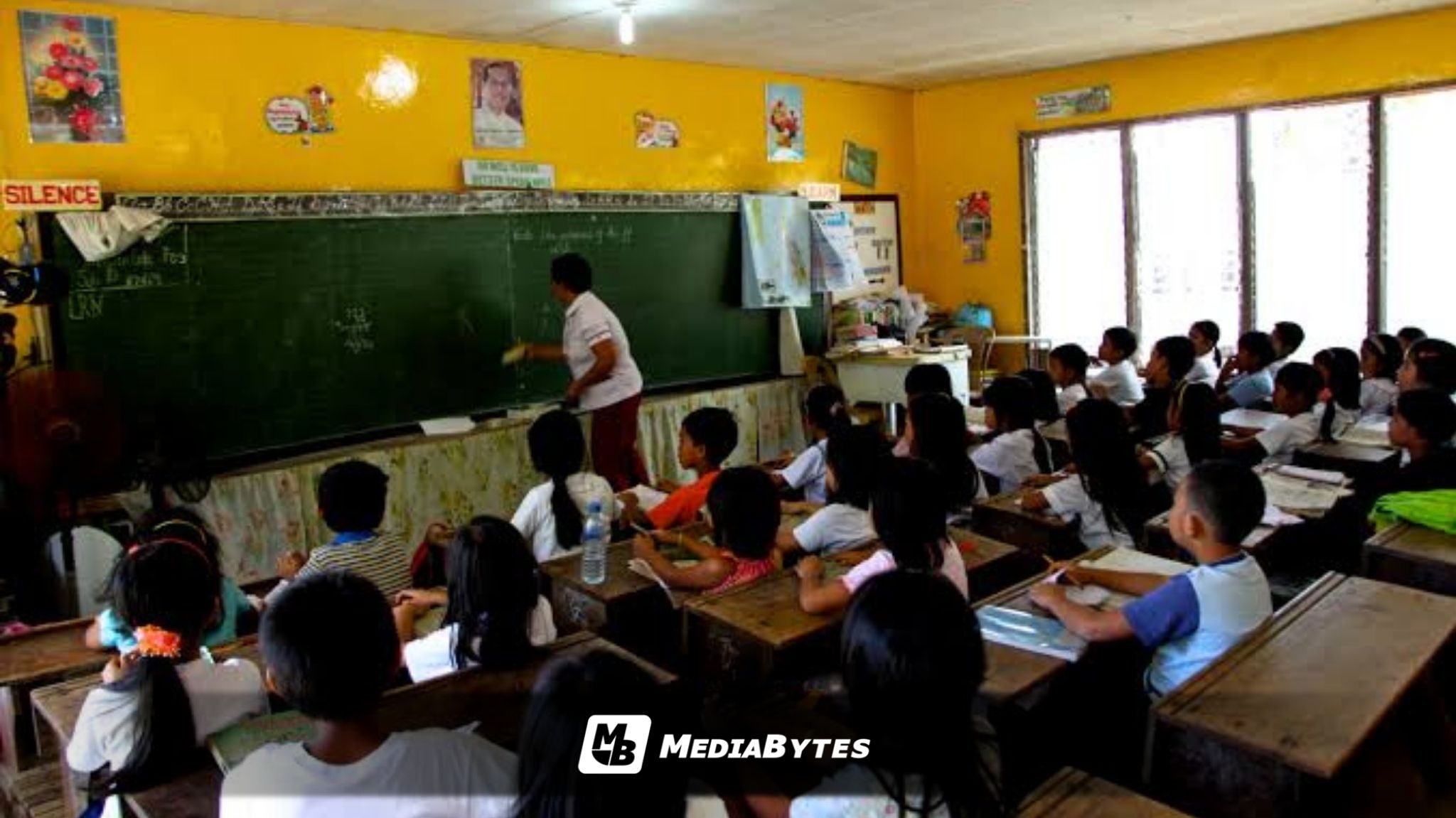The Philippine Business for Education (PBEd) has called for full transparency and accountability in the allocation and use of the 2026 education budget, urging the government to release a detailed breakdown of how the funds will be spent.
PBEd, a non-profit organization founded by the country’s business leaders in 2006, said that while the growing investment in education is encouraging, it must translate to real progress in addressing the learning crisis.
The House of Representatives has already approved the 2026 General Appropriations Bill (GAB) and transmitted it to the Senate last week.
According to Nueva Ecija 1st District Representative Mika Suansing, who chairs the House Committee on Appropriations, the education sector will receive an all-time high budget of ₱1.28 trillion, with ₱914.14 billion going to the Department of Education (DepEd).
“The growing investment in the education sector is a welcome development, but without clear data on how funds will be distributed and used, it remains difficult to assess whether the budget will lead to meaningful improvements in learning outcomes,” said PBEd Executive Director Bal Camua.
PBEd emphasized that beyond increasing the budget, the government must ensure efficient and strategic use of funds to solve persistent challenges — including classroom shortages, lack of teachers, and insufficient learning materials.
The group also urged continued support for feeding programs and free higher education, which are crucial in improving student welfare and access.
According to the United Nations Educational, Scientific and Cultural Organization (UNESCO), countries should ideally allocate 4–6% of their gross domestic product (GDP) to education spending.
PBEd noted that the Philippines continues to fall short of this benchmark, underscoring the need for both greater funding and stronger transparency measures to guarantee that every peso spent truly benefits Filipino learners.



